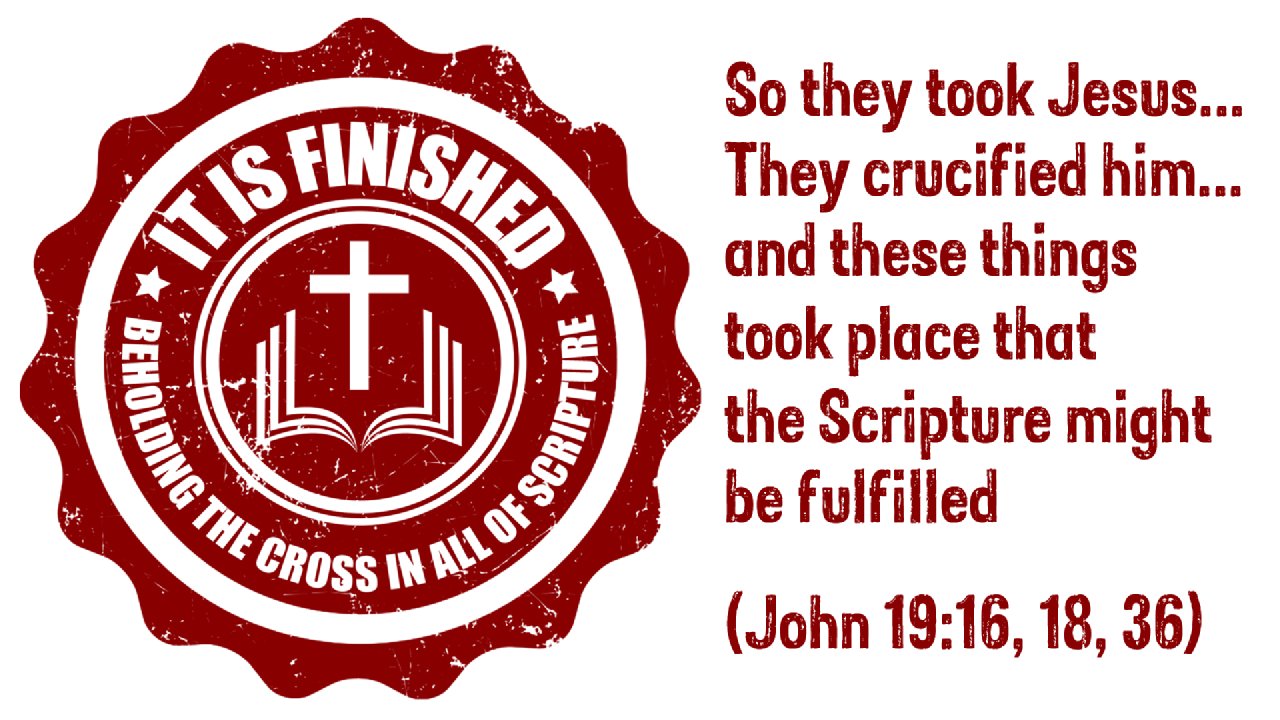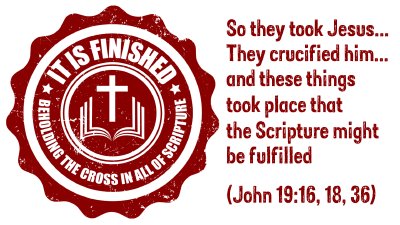‘The stone that the builders rejected has become the cornerstone.’
There are few sentences in the Bible more important for understanding the cross of Christ. And this Sunday, we will examine this verse (Psalm 118:22) through the eyes of Jesus, who in Luke 20:9–18 concludes his parable of the wicked tenants by citing the words of Psalm 118.
For more than a month we have spent most of our time looking at the cross through the Old Testament. As Jesus said in John 5:39, all Scripture speaks of him. And so we have learned about the cross in the inspired words of Moses, David, and Isaiah.
But now, we turn to the New Testament, where we will continue to meditate on the meaning of Christ’s cross. And this Sunday, we will look at one of the last parables Jesus told as he moved toward the cross. This is parable not only preaches the cross and resurrection, but it recalls the fact that all humanity will rise or fall in response to Jesus. So in preparation for Sunday, let us read Luke 20 and pray for God to have mercy on us as we come to seek his mercy.
Additionally, on Sunday, we will also have a time of prayer in the sanctuary during the Sunday School hour. If you have not joined us for Great Commission Prayer, please do. It is an important time of bringing our labors before the Lord who has sent us into his vineyard. Indeed, as we will discover in Luke 20, how God’s laborers respond to the Lord of the harvest is of the utmost importance. And during Sunday School this week, we have the privilege of asking God to bless the works of our hands.
As the Lord allows, I look forward to seeing you Sunday.
For His Glory and your joy,
Pastor David
-------------------------------------------------------------------------------------------------------------------------------------------
Discussion & Response Questions for Luke 20
1. Why did Jesus speak in parables? How did Jesus use the Old Testament in his parables?
2. Who were the cast of characters in his parable?
3. Why is it important to see who Jesus is talking about? And who he is talking to?
4. Why does his audience have such a hard time believing him? What does the people’s response to Jesus and their support of the reigning priests teach us? Who do we trust in times of cultural upheaval?
5. Why is it misleading to say “the Jews killed Jesus”? Who stood behind the death of Jesus?
6. And who stood behind the human opponents of Jesus? How does seeing the owner as the ultimate sovereign help us understand the cross?
7. How does this parable affirm the fact that Christ’s death brought judgment and salvation? Or even, salvation through judgment?
8. What does the final verse mean? How does this apply to you?
In what ways do you need to reconsider the cross of Christ? To whom can you share it’s world-splitting message?




